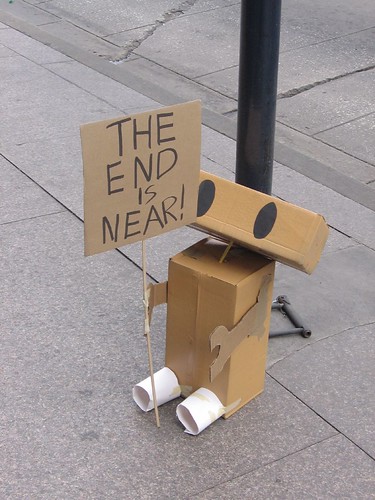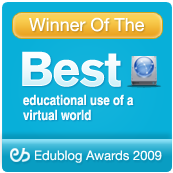 It’s going to be a busy year of research! The main thing is that I am finishing writing up my PhD this year, and will be submitting at the end of August. I’ll post up some bits and pieces as I go.
It’s going to be a busy year of research! The main thing is that I am finishing writing up my PhD this year, and will be submitting at the end of August. I’ll post up some bits and pieces as I go.
My paper, Traces of self: online reflective practices and performances in higher education, has just been published in Teaching in Higher Education, 16/1. The issue’s table of contents is online.
I have a chapter appearing in the forthcoming edited collection, Exploring the Theory, Pedagogy and Practice of Networked Learning. It’s being published by Springer in 2011, edited by Lone Dirckinck-Holmfeld, Vivien Hodgson and David McConnell.
The “student writing: innovative online strategies for assessment and feedback” proejct is finishing up in May and, along with a manifesto, the team will be writing a couple of papers for publication over the next few months, drawing on the data produced by a series of student-generated virtual ethnographies of courses on the MSc in E-learning programme.
The digital futures of cultural heritage education project has two workshops this year, in March and June, and those should be a really interesting extension of the excellent open seminar held in October.




 I’ll be giving at talk at the
I’ll be giving at talk at the